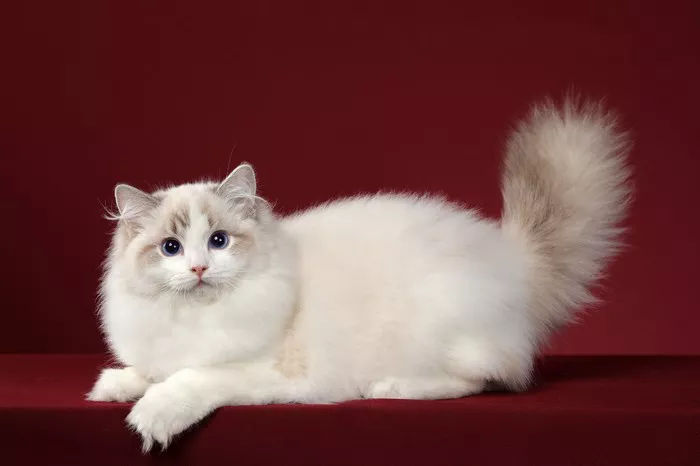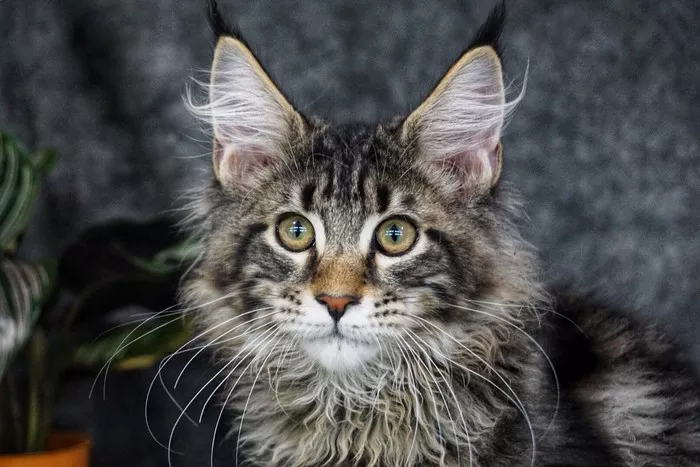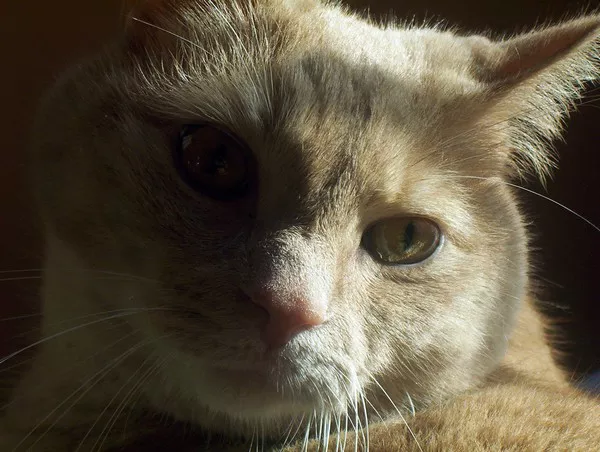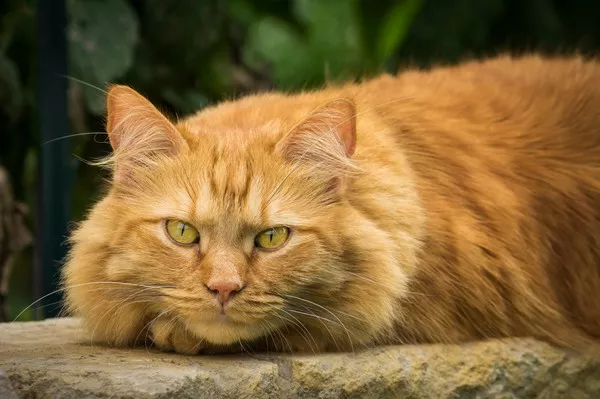As a cat owner, observing changes in your feline friend’s bathroom habits can be concerning, especially when encountering the mystery of liquid cat feces. The texture and consistency of a cat’s poop can provide valuable insights into their overall health. In this in-depth exploration, we delve into the various factors that may contribute to your cat’s liquid stools, offering guidance on potential causes, preventive measures, and when to seek veterinary attention.
Understanding Normal Cat Poop:
Before delving into the complexities of liquid cat feces, it’s essential to understand what constitutes normal cat poop. Generally, healthy cat feces exhibit a well-formed, brownish appearance with minimal odor. Deviations from this norm can signal underlying issues that merit investigation.
5 Factors That Cause Liquid Stools in Cats
1. Dietary Influences:
Impact of Diet: A cat’s diet plays a crucial role in the consistency of their feces. Abrupt changes in diet, the introduction of new foods, or indulging in rich, fatty treats can lead to temporary digestive disturbances, resulting in softer or liquid stools.
2. Hydration Levels:
Dehydration Concerns: Cats prone to inadequate water intake may experience dehydration, impacting the moisture content of their feces. Insufficient hydration can lead to diarrhea or liquid stools. Encouraging increased water consumption can help address this issue.
3. Parasitic Infections:
Internal Parasites: Worms and other internal parasites can disrupt a cat’s digestive system, causing diarrhea or liquid stools. Regular deworming and preventive measures can mitigate the risk of parasitic infections.
4. Underlying Medical Conditions:
Gastrointestinal Disorders: Chronic conditions such as inflammatory bowel disease (IBD) or gastrointestinal infections may manifest as persistent liquid stools. These conditions require prompt veterinary attention and a comprehensive diagnostic approach.
5. Food Allergies and Sensitivities:
Allergic Reactions: Cats, like humans, can develop allergies or sensitivities to certain food ingredients. Allergic reactions can manifest as gastrointestinal upset, including diarrhea. Identifying and eliminating the allergen is crucial for managing this issue.
6. Stress and Anxiety:
Psychological Factors: Cats are sensitive creatures, and stress or anxiety can impact their digestive health. Changes in the household, new additions, or environmental disruptions may contribute to liquid stools. Creating a calm and consistent environment can aid in alleviating stress-related digestive issues.
7. Infections and Viral Conditions:
Viral Causes: Feline viruses, such as feline panleukopenia or feline coronavirus, can lead to gastrointestinal symptoms, including diarrhea. Vaccination and preventive healthcare measures are essential for managing viral risks.
8. Medication Side Effects:
Prescription Impact: Certain medications may have gastrointestinal side effects, including diarrhea. If your cat is on medication, consult with your veterinarian to explore alternative options or supportive measures.
9. Senior Cat Considerations:
Age-Related Factors: Aging cats may experience changes in their digestive health, contributing to softer stools. Regular veterinary check-ups can help monitor and address age-related health concerns.
Addressing Liquid Cat Feces:
Hydration Promotion: Ensure an adequate supply of fresh water at all times. Consider introducing wet cat food, which contributes to overall hydration.
Gradual Diet Changes: When altering your cat’s diet, implement gradual transitions to minimize digestive disruptions. Consult your veterinarian for personalized dietary recommendations.
Parasite Prevention: Follow your veterinarian’s deworming schedule to prevent and address internal parasites. Monitoring outdoor activities can reduce exposure to potential sources of infection.
Veterinary Consultation: Persistent or recurrent liquid stools warrant a veterinary consultation. Diagnostic tests, including fecal examinations and bloodwork, can help identify underlying causes.
Allergen Identification: In cases of suspected food allergies, your veterinarian may recommend an elimination diet to identify and exclude problematic ingredients.
Stress Management: Create a stress-free environment with familiar routines, safe spaces, and interactive toys. Feliway diffusers or calming pheromone products can aid in reducing stress.
See Also: What to Know About Anal Gland Problems in Cats
Conclusion:
Understanding why your cat’s poop is liquid involves a multifaceted approach that considers diet, hydration, health history, and environmental factors. While occasional digestive disturbances may resolve with minor adjustments, persistent or severe cases necessitate professional intervention. As a responsible cat owner, staying attuned to your cat’s bathroom behaviors and seeking timely veterinary guidance ensures their overall well-being. In decoding the mystery of liquid cat feces, you play a pivotal role in promoting your feline companion’s health and happiness.

























